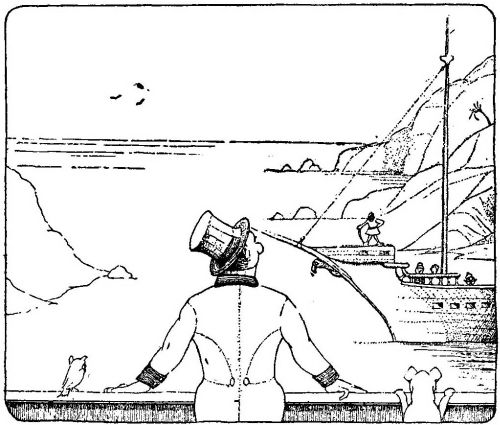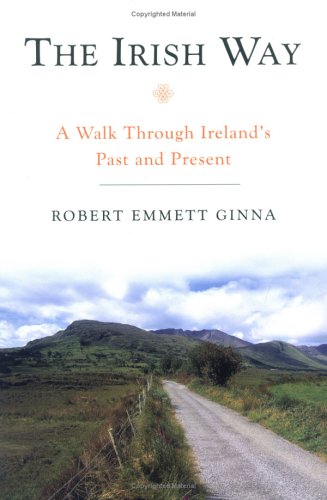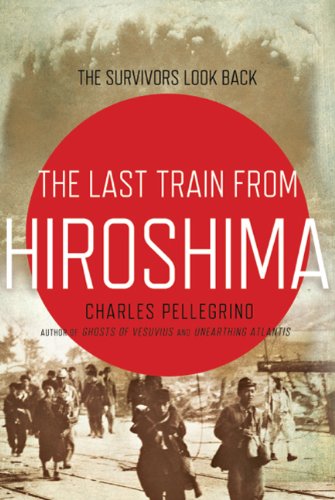Guest post: John Q. Barrett is a professor of law at St. John's University and a scholar who is writing the biography of one of America's great Supreme Court justices, Robert Jackson. John discovered and edited (and I published) a wonderfully engaging memoir by Jackson of his friend Franklin D. Roosevelt, titled That Man. John maintains an e-mail listserv that features news and comment about Jackson and his times. It seemed particularly poignant, in this week of war-by-soundbite over health care, to read the following message, which John Barrett has allowed me to repost here.
In summer 1928, a time of pitched policy debates and impending electoral contests, aNew York State
In summer 1928, a time of pitched policy debates and impending electoral contests, a
The column was called “Between Neighbors.” In his first output, the columnist explained that his writing would be “more or less serious,” and that it would be aimed at his politically diverse upstate neighbors:
These neighbors of mine are a representative cross-section of the community, and are made up of Republicans, Democrats and people who are not affiliated with any party. Therefore in talking about politics, I am keeping that fact in mind and have no intention of using the shop-worn methods of condemning everything on one side and praising everything on the other side of the political fence.
The day has gone by when you can fool people into believing that the nation, or a state or a country or a city is going to the dogs just because one political party happens to be in power in it. People are sick of the kind of editorial writing which sees only good in every measure and every man sponsored by one party and only bad on the other side. So, too, it is the little provincial papers that today in the news-columns magnify as first page news any disagreements in their opponents’ camps and run only a half inch on the back page about any trouble in their own camp.
That is one reason why the bitterly partisan press is losing its influence in this country. The other reason is that there is more and better education everywhere and readers do not as much as formerly take the views and news of a one-sided paper as Gospel Truth. I told [the local newspaper editor] I hoped he would get some Republican to write each week in this paper, but if he can’t find one, I shall try to be as fair as I can.
Although these ideas were as wise and fitting in 1928 as they are today, the lawyer did not, in the end, have much time to live up to them as a newspaper columnist. He earlier had held political office. That fall, after publishing ten columns in two months, he gave up the pastime to accept his party’s nomination to be a candidate. (Robert H. Jackson, another upstate New York
That November, the former Beacon Standard columnist, Franklin D. Roosevelt, was elected governor of New York








